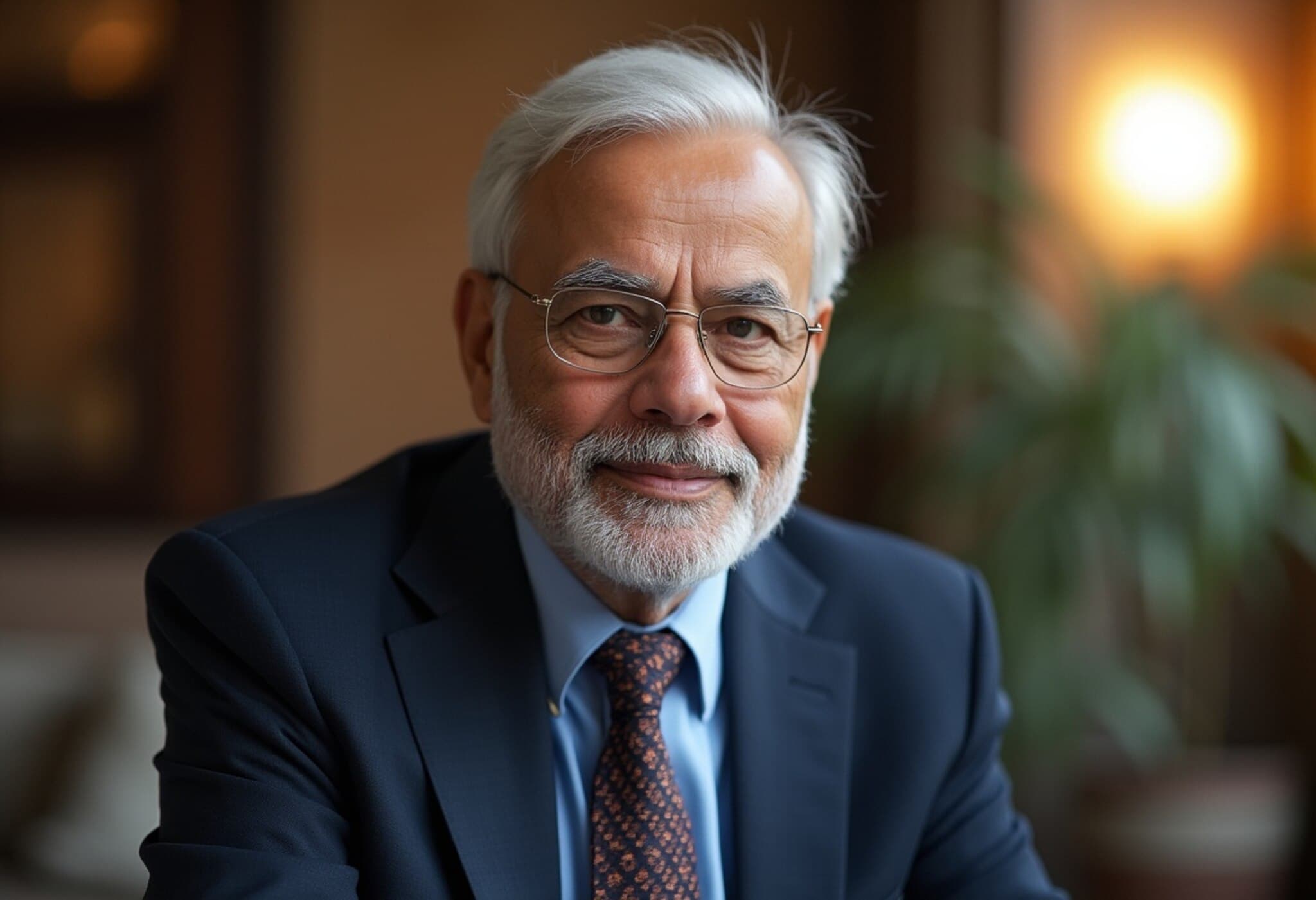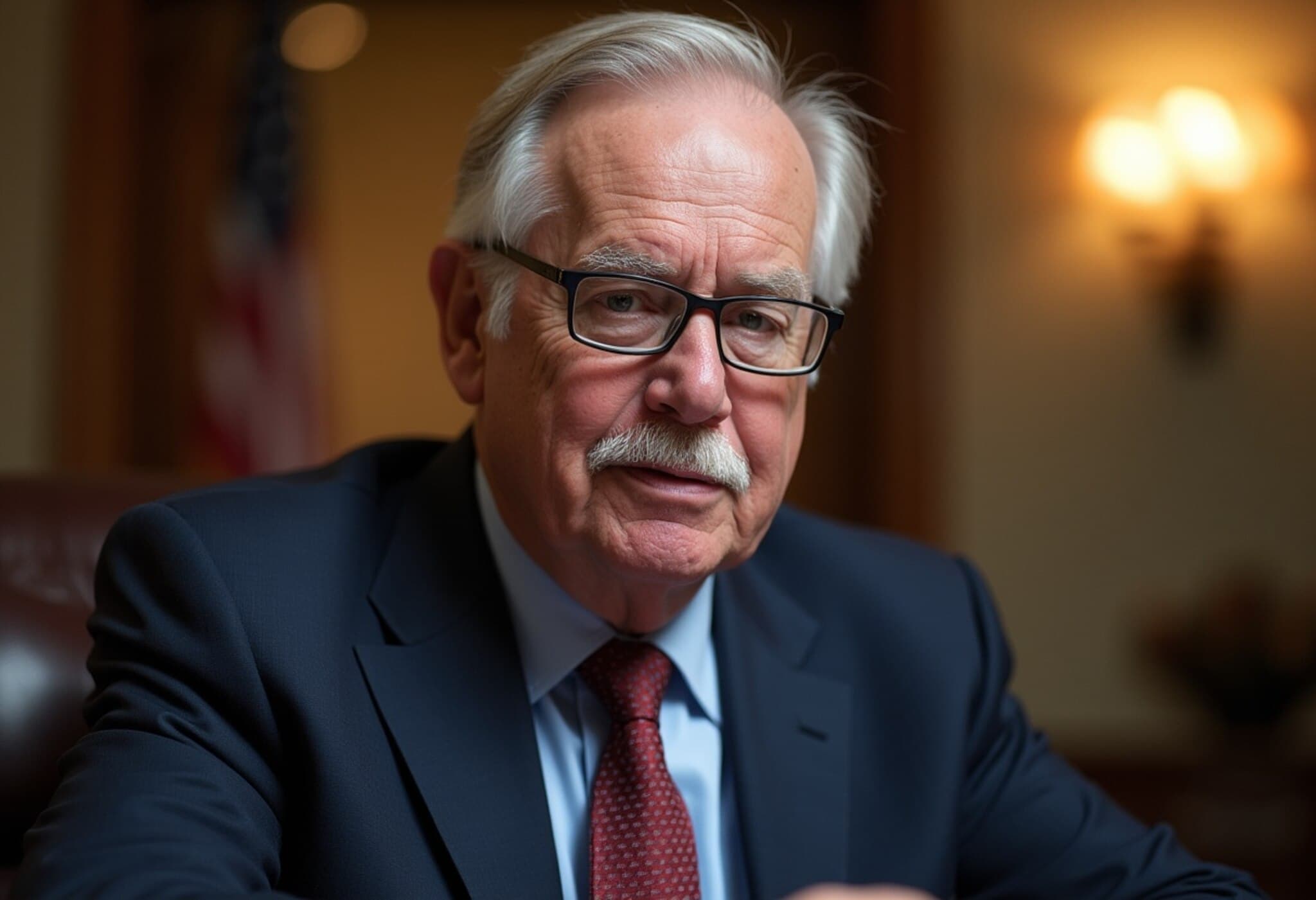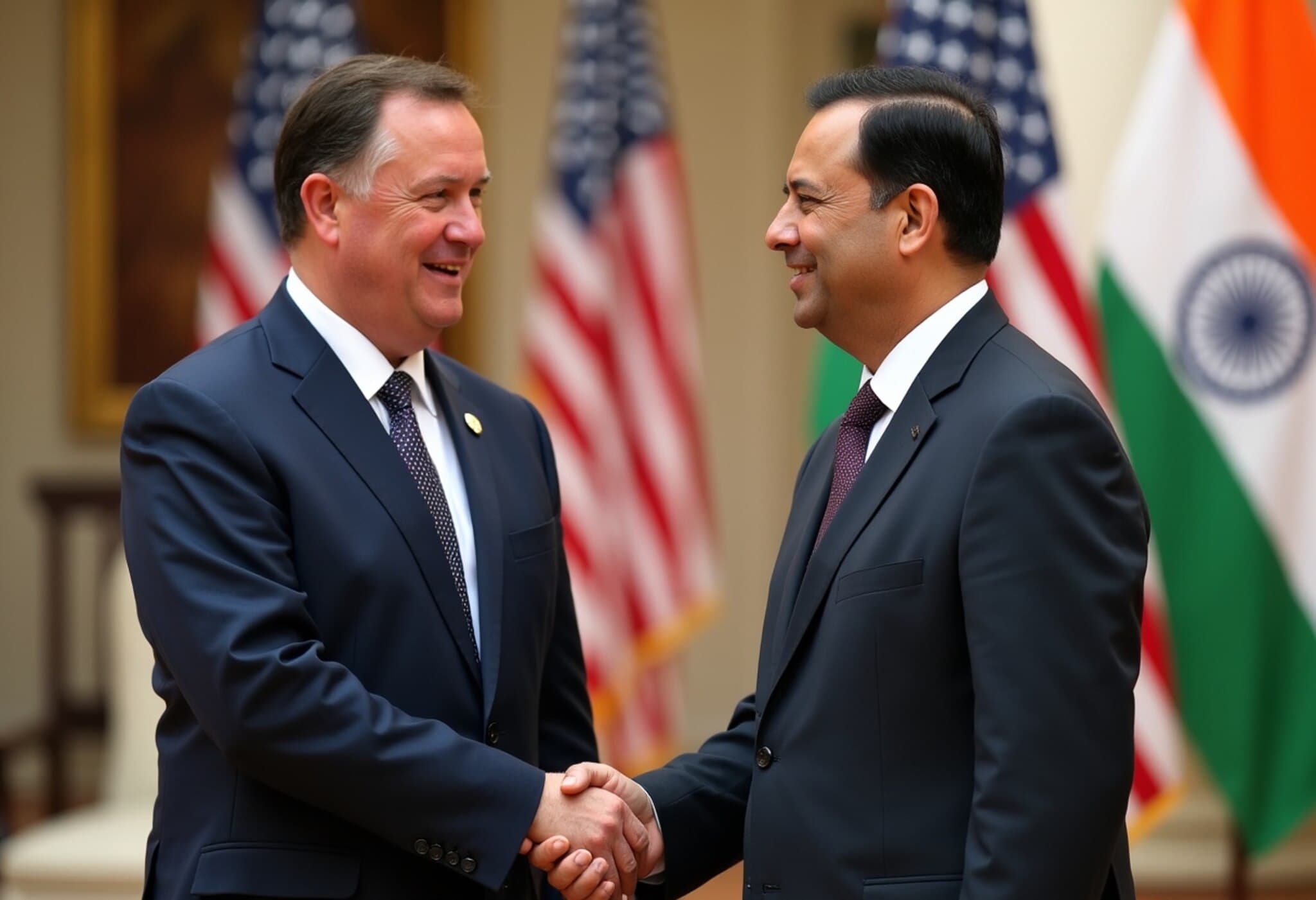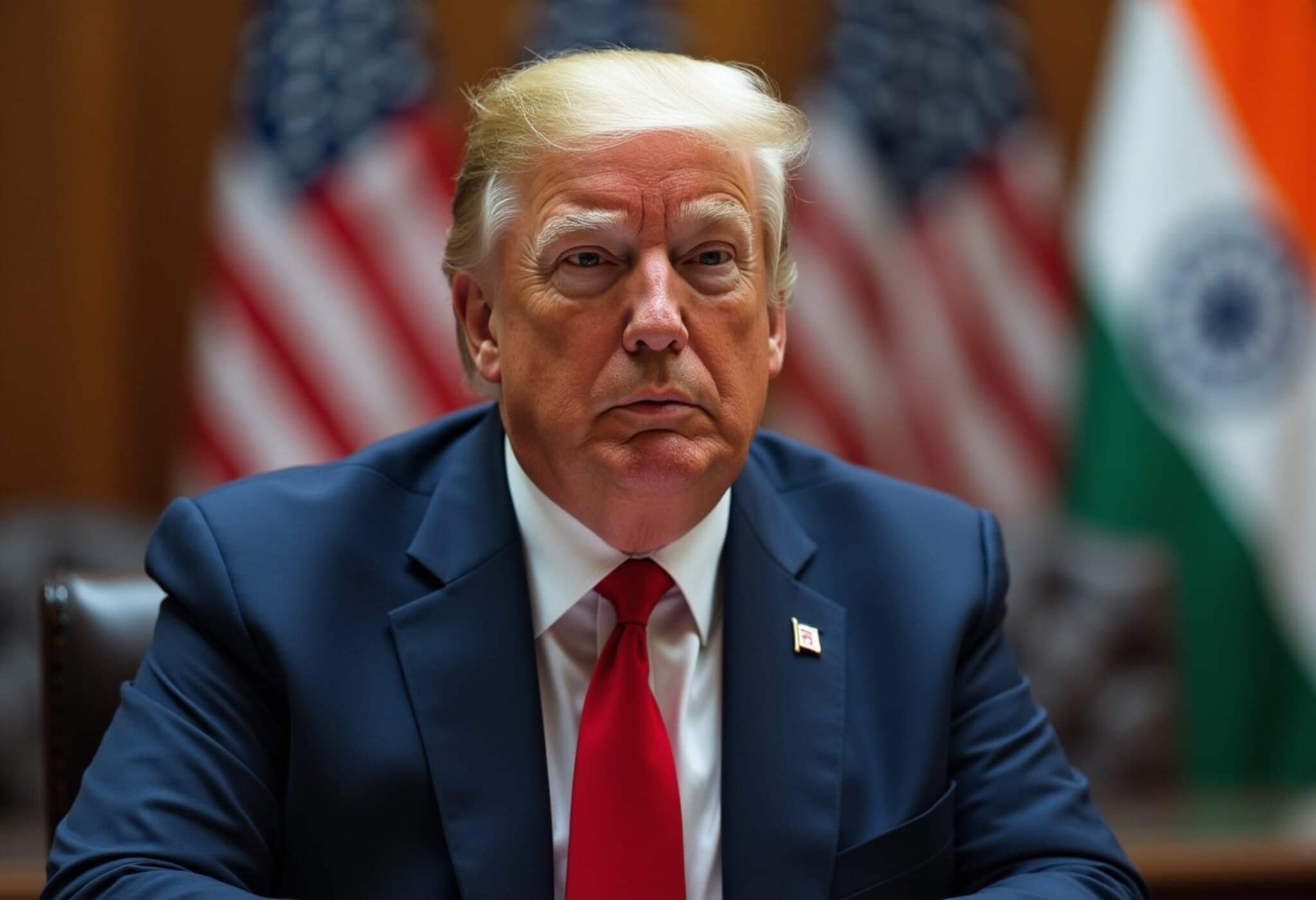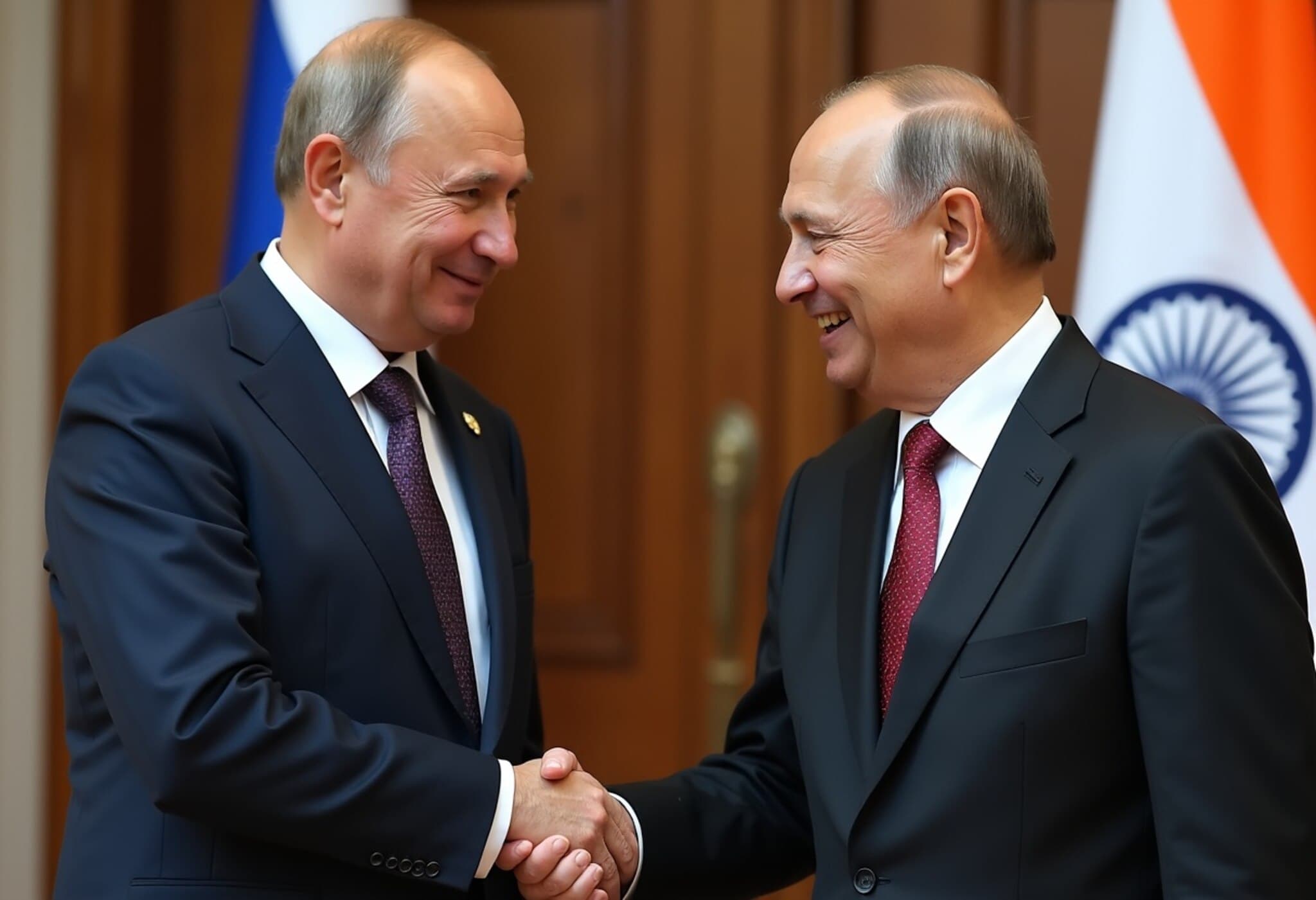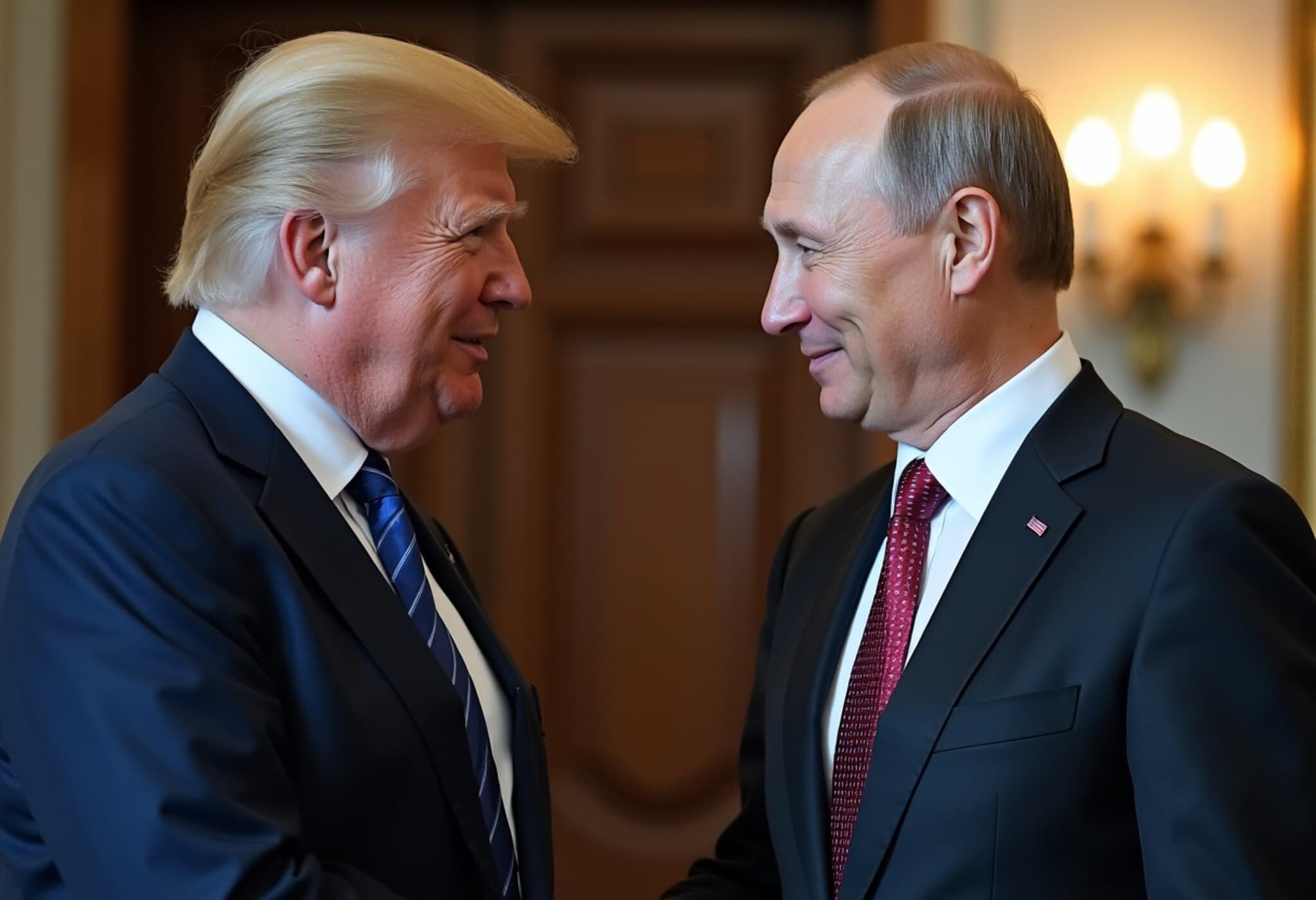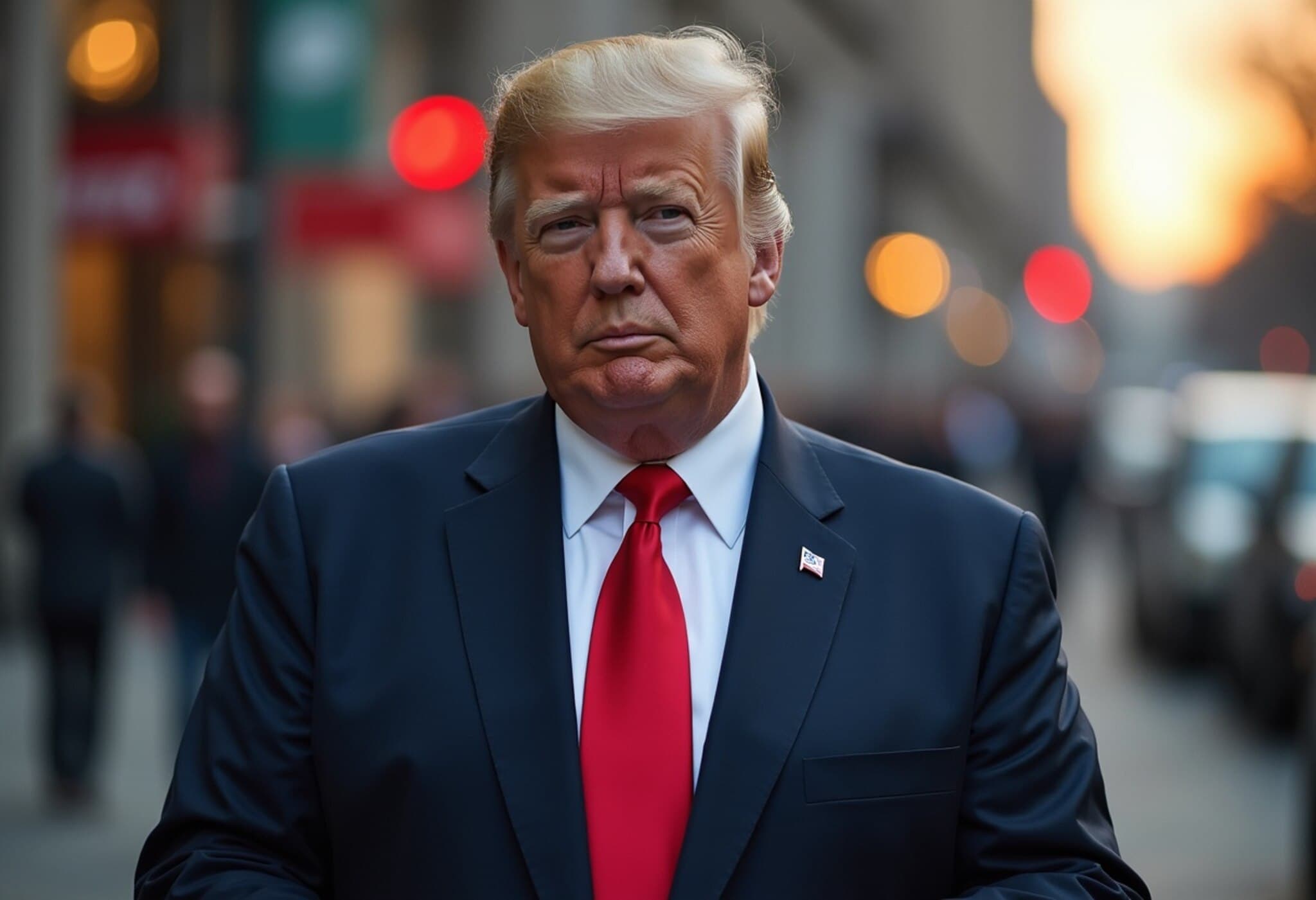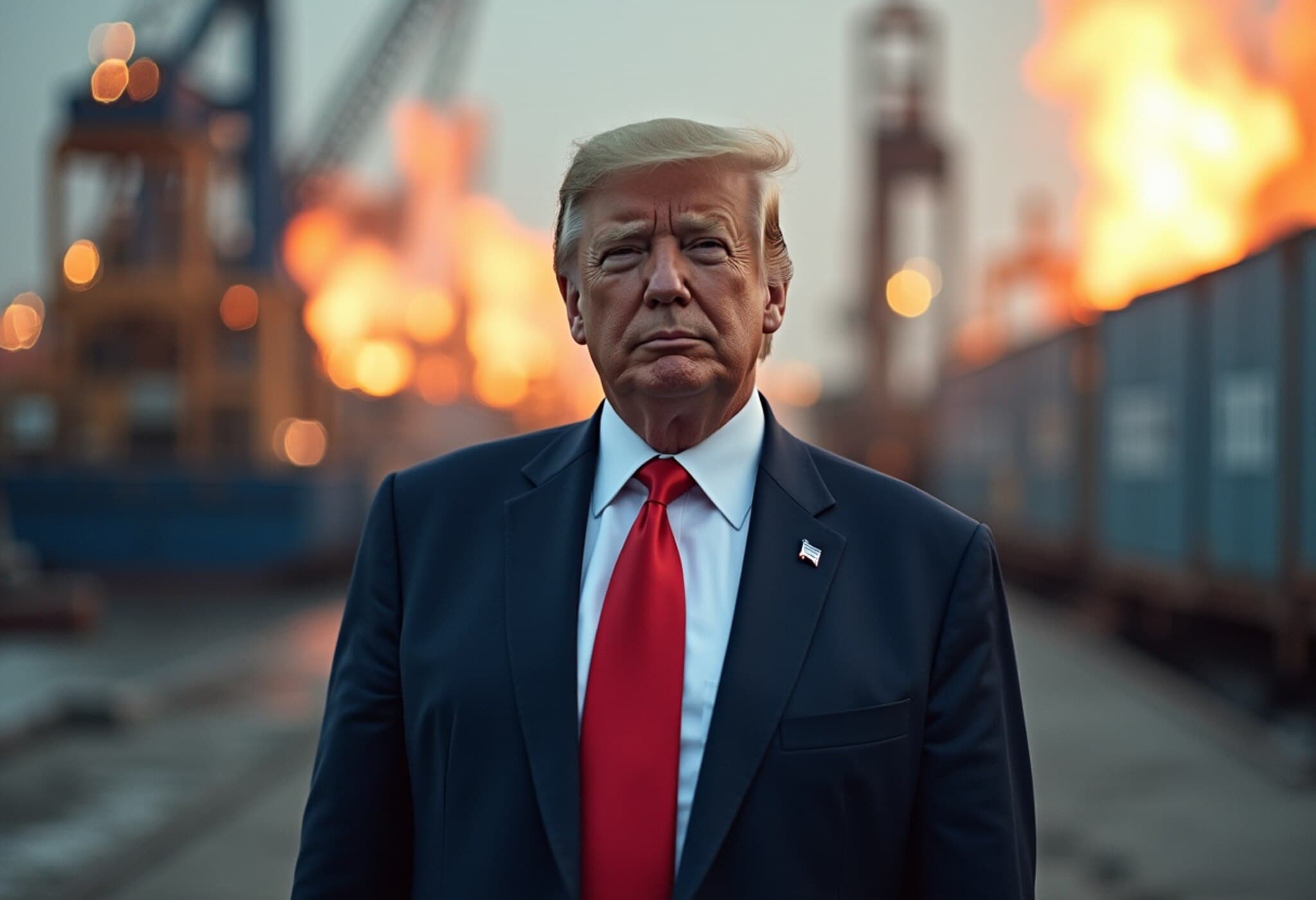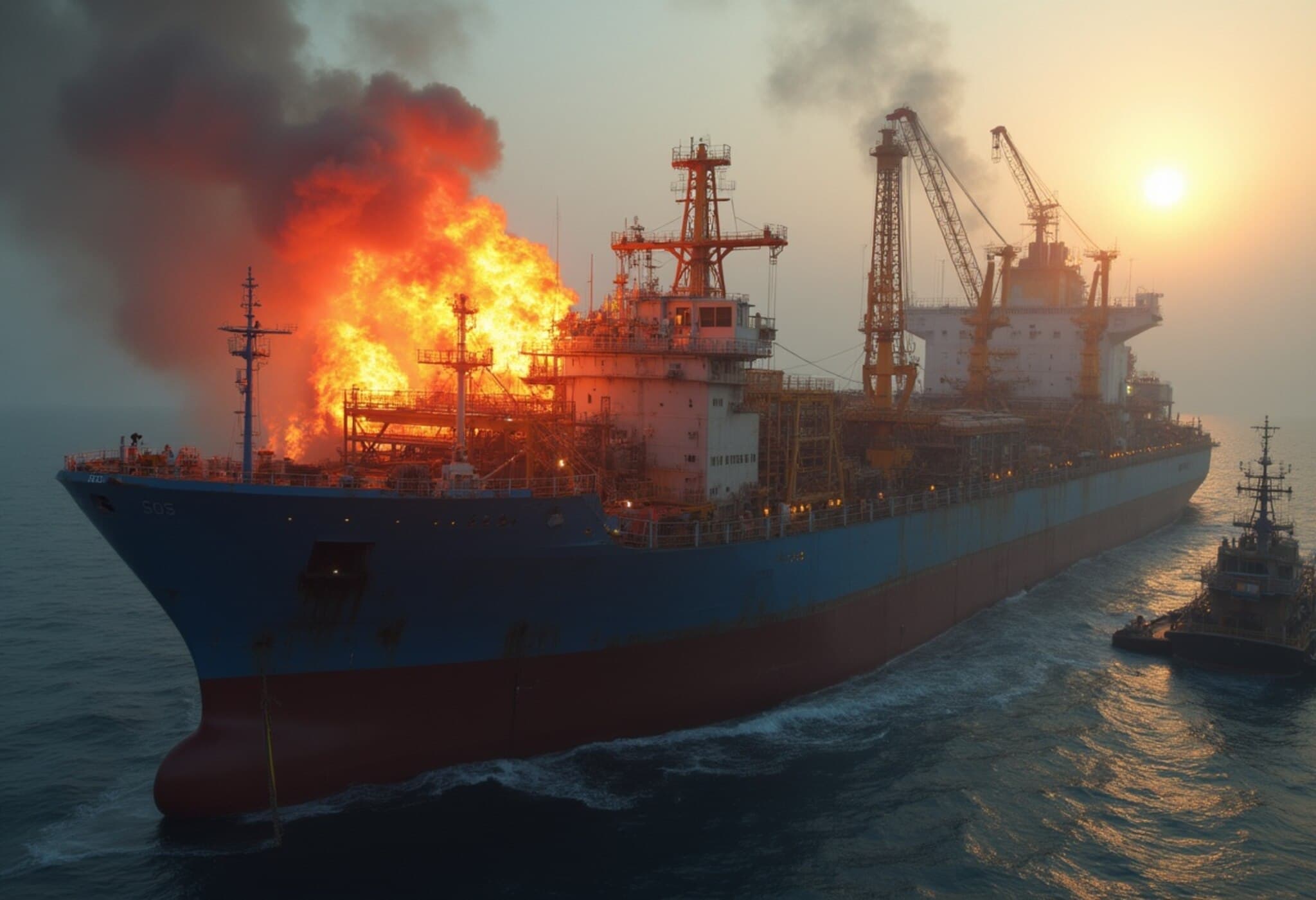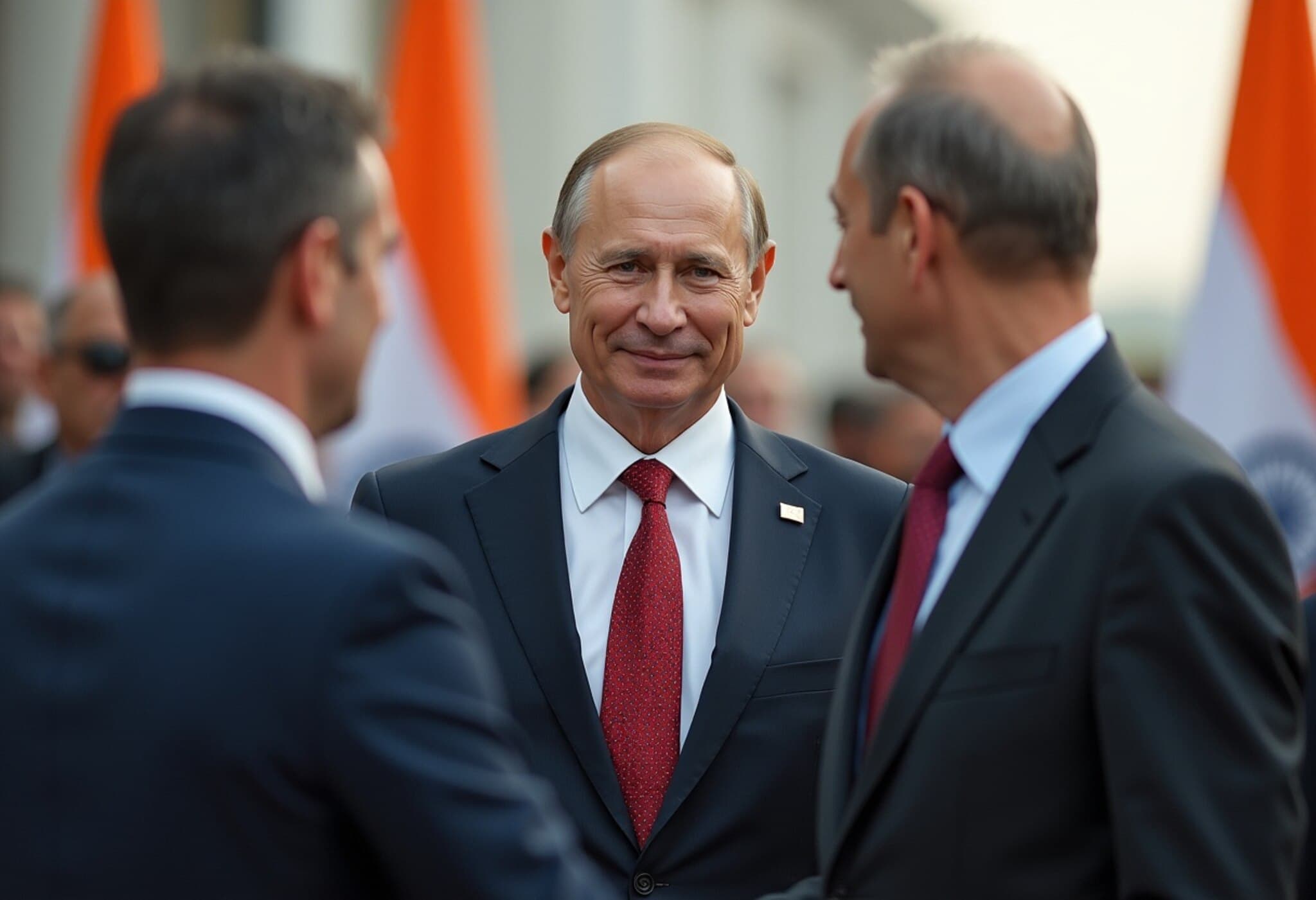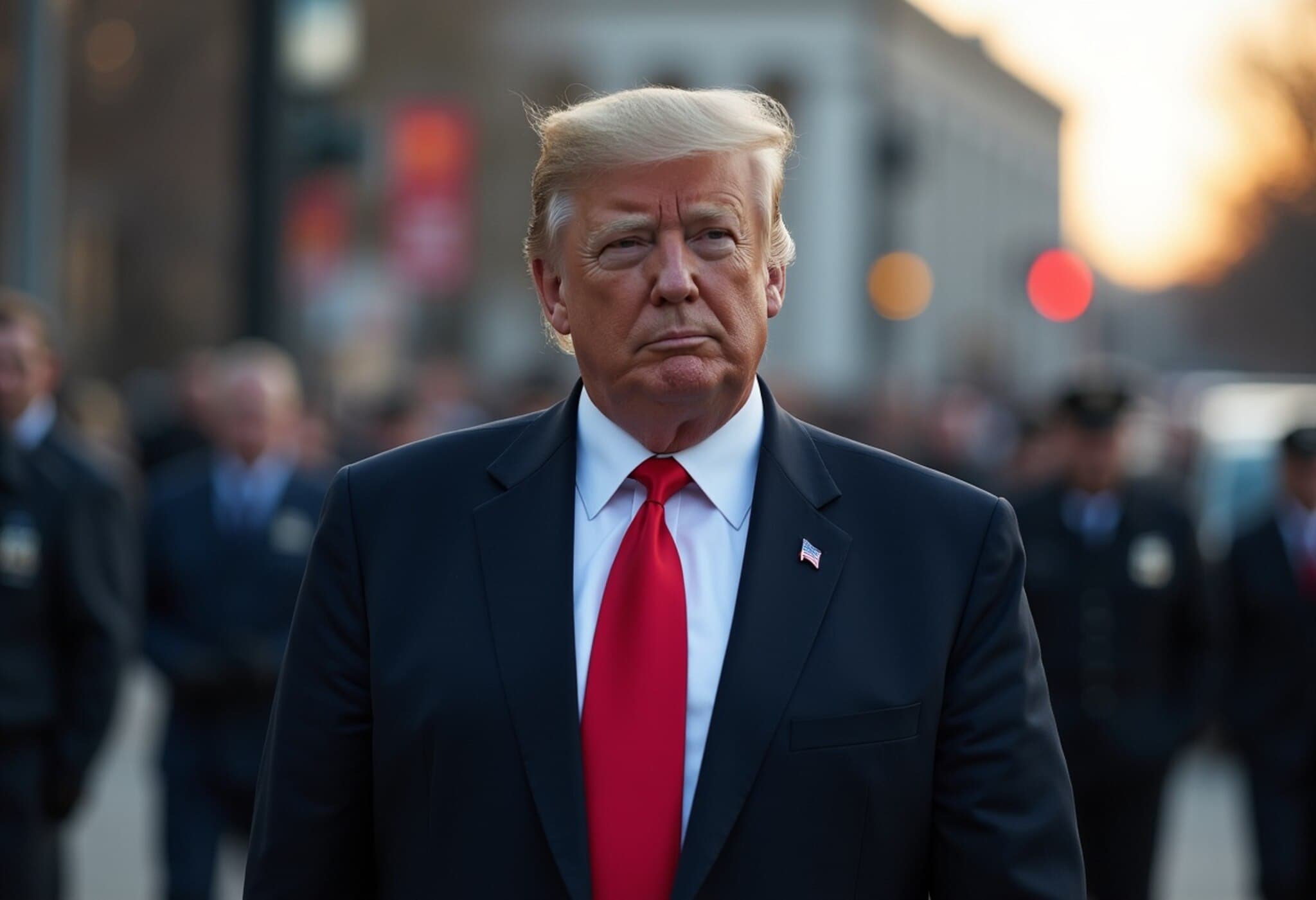Former Pentagon Analyst Calls Trump’s India Policy ‘Hypocritical’ Amid US-Russia Trade
In a striking rebuttal to former President Donald Trump’s criticism of India’s growing trade relations with Russia, Michael Rubin, a well-known former Pentagon analyst and Middle East expert, labeled Trump’s position as both wrong and hypocritical. Rubin’s comments come at a time when the United States itself relies heavily on Russia for critical strategic minerals and energy supplies.
The Complex Reality of US Strategic Imports
Speaking to ANI, Rubin highlighted a significant contradiction: while Trump lambasted India for importing oil and goods from Moscow amidst heightened geopolitical tensions, the US continues to purchase key minerals such as uranium hexafluoride from Russia. Uranium hexafluoride is essential for nuclear energy and defense applications, underscoring the depth of US-Russian economic interdependence despite political rhetoric.
Rubin further explained that although Washington praises Azerbaijan as a primary supplier of natural gas, a substantial portion of America’s gas imports are indirectly linked to Russian and Iranian resources. This reality complicates the so-called “energy independence” narrative that has often been touted in US policy circles.
India’s Sovereign Right to Trade
Michael Rubin praised Indian Prime Minister Narendra Modi’s assertiveness against US pressure, applauding India for defending its national interests. He emphasized that India’s right to engage in international trade based on market dynamics should be respected rather than politicized.
“This episode will be remembered by historians as the moment the US learned not to bully India,” Rubin said, highlighting the evolving global power dynamics where emerging economies like India assert their autonomy.
Wider Implications for US-India Relations
Despite current strains, Rubin remains optimistic about the long-term trajectory of US-India relations. He noted that the tensions fueled by Trump’s confrontational approach are temporary and that pragmatic cooperation will eventually prevail.
- Strategic minerals: The US depends on Russia for critical inputs like uranium hexafluoride.
- Energy imports: Though praised, Azerbaijan does not fully replace Russian or Iranian gas in the US supply chain.
- India’s positioning: Emphasizes sovereignty and market-driven trade choices, resisting geopolitical pressure.
Rubin’s nuanced analysis sheds light on the tangled web of international trade where political posturing often clashes with economic realities.
Expert Commentary: A Lesson in Realpolitik and Economic Interdependence
Rubin’s observations underscore the limits of unilateral policy approaches in a globalized economy. The US’s selective criticism of India seems less about principle and more about geopolitical rivalry. Washington’s own dependence on Russian resources complicates its moral stance and reveals a broader irony intrinsic to international relations today.
For US policymakers, this debate exposes the challenge of balancing strategic alliances with economic pragmatism. Meanwhile, for India, it demonstrates the importance of leveraging its growing global role to maintain autonomy from dominant powers.
Economically, the scenario reflects the interconnectedness of world markets, where sanctions, tariffs, and political rhetoric struggle to rewrite the underlying trade flows forged by decades of cooperation and specialization.
Unanswered Questions:
- How will the US reconcile its strategic needs with its calls for allied conformity in trade?
- Will India’s stance inspire other emerging economies to resist similar pressures?
- Could this tension reshape the future architecture of global supply chains in critical minerals and energy?
Editor’s Note
The exchange between Michael Rubin and Donald Trump’s policies illuminates a critical, yet often overlooked, aspect of global diplomacy—the indispensability of economic interdependence in shaping political alliances. As the US and India navigate this complex relationship, it is evident that respect for sovereign economic decisions and acknowledgment of mutual trade realities are essential for sustainable partnerships.
For readers, this story prompts reflection on how international trade increasingly intertwines with geopolitical strategies, and how emerging powers like India are asserting new norms of sovereignty and self-reliance in the 21st century.

